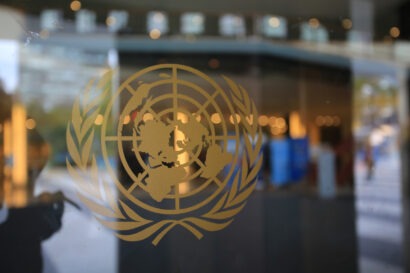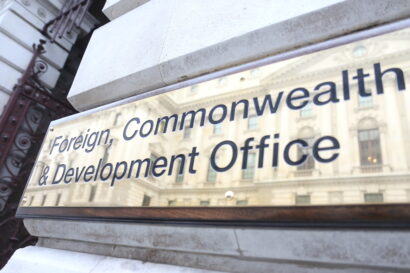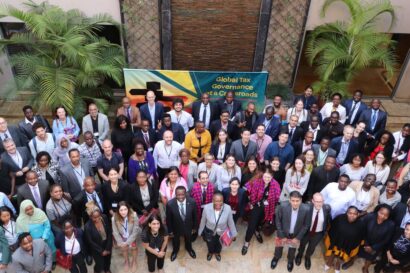Context
The international tax system is changing rapidly. We see substantial changes in both international tax ‘rules’ and in the political and institutional processes that shape these ‘rules’. There have been rapid strides in exchange of information since 2009, and somewhat more mixed progress on multinational corporate taxation beginning with the Base Erosion and Profit-Shifting project and ongoing through work focusing on the tax consequences of digitalisation of the economy. Drivers include the growing influence of non-OECD powers, the challenges of taxing highly digitalised multinationals, the creation of new multilateral bodies with developing country involvement, and increasing cooperation among non-OECD countries. These patchy and contested processes offer both risks and opportunities for low income countries.
Scope
Proposals for new research projects should focus on changes to the international tax regime that affect low-income countries, as well as the development of international tax policy in low-income countries. We are primarily interested in Africa but can consider proposals that are not specific to the continent. Areas that proposals could focus on include:
- tax treaties;
- international administrative cooperation and transparency;
- international corporate tax rules;
- illicit financial flows with a taxation dimension; and
- the relationship between the international tax and other regimes, such as investment protection treaties.
Questions
Our central concerns are:
- What is driving these changes, and what directions are they taking?
- What are the implications for low income countries (above all in Africa)?
- How might governments of low income African countries adopt tax policies and practices to make the best of this changing and uncertain environment?”
We particularly welcome proposals from low-income country researchers or teams that include collaboration between Northern and Southern researchers.



